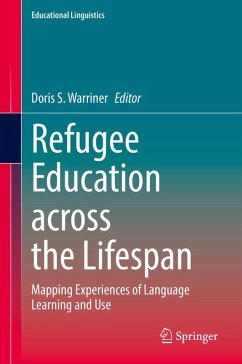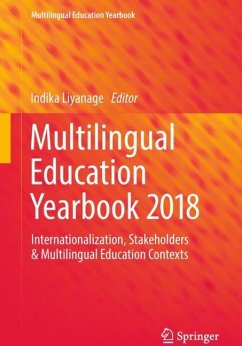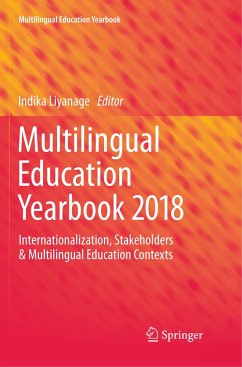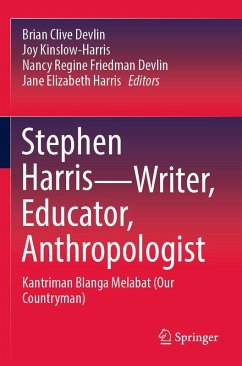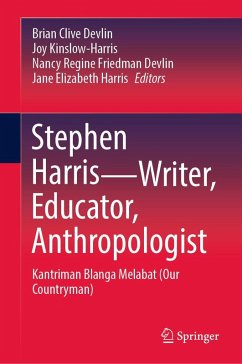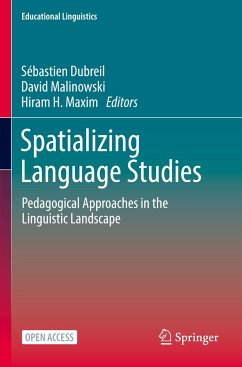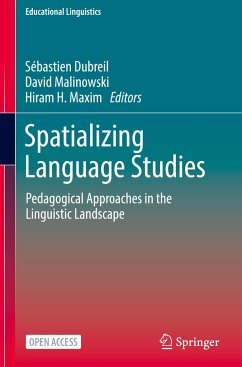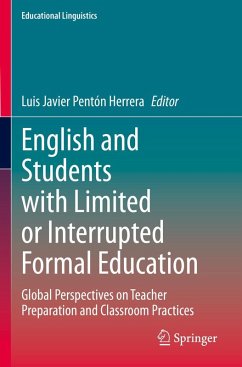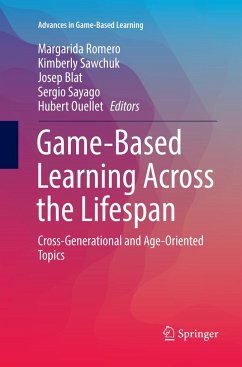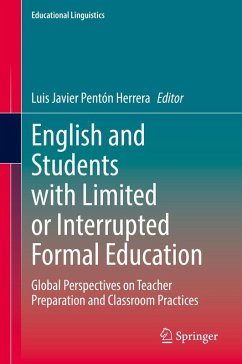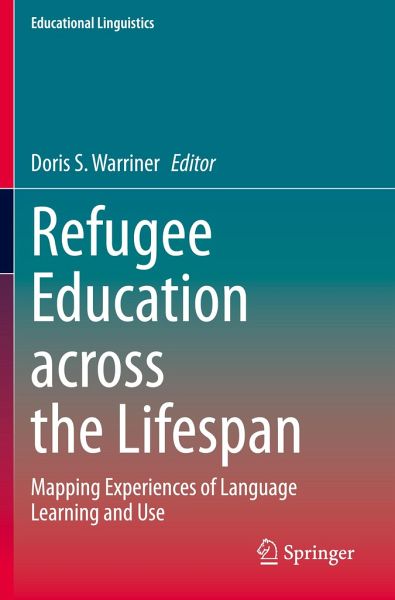
Refugee Education across the Lifespan
Mapping Experiences of Language Learning and Use
Herausgegeben: Warriner, Doris S.
Versandkostenfrei!
Versandfertig in 6-10 Tagen
121,99 €
inkl. MwSt.

PAYBACK Punkte
61 °P sammeln!
This edited volume demonstrates how an educational linguistics approach to inquiry is well positioned to identify, examine, and theorize the language and literacy dimensions of refugee-background learners' experiences. Contributions (from junior and senior scholars) explore and interrogate the policies, practices and ideologies of language and literacy in formal and informal educational settings as well as their implications for teaching and learning. Chapters in this collection will inform advances in the research base, future innovations in pedagogy, the professional development of teachers,...
This edited volume demonstrates how an educational linguistics approach to inquiry is well positioned to identify, examine, and theorize the language and literacy dimensions of refugee-background learners' experiences. Contributions (from junior and senior scholars) explore and interrogate the policies, practices and ideologies of language and literacy in formal and informal educational settings as well as their implications for teaching and learning. Chapters in this collection will inform advances in the research base, future innovations in pedagogy, the professional development of teachers, and the educational opportunities that are made available to refugee-background children, youth and adults. The work showcased here will be of particular interest to teachers and teacher educators committed to inclusion, equity, and diversity; those developing curriculum and/or assessment; and researchers interested in the relationship between language practice, language policy andrefugee education.



